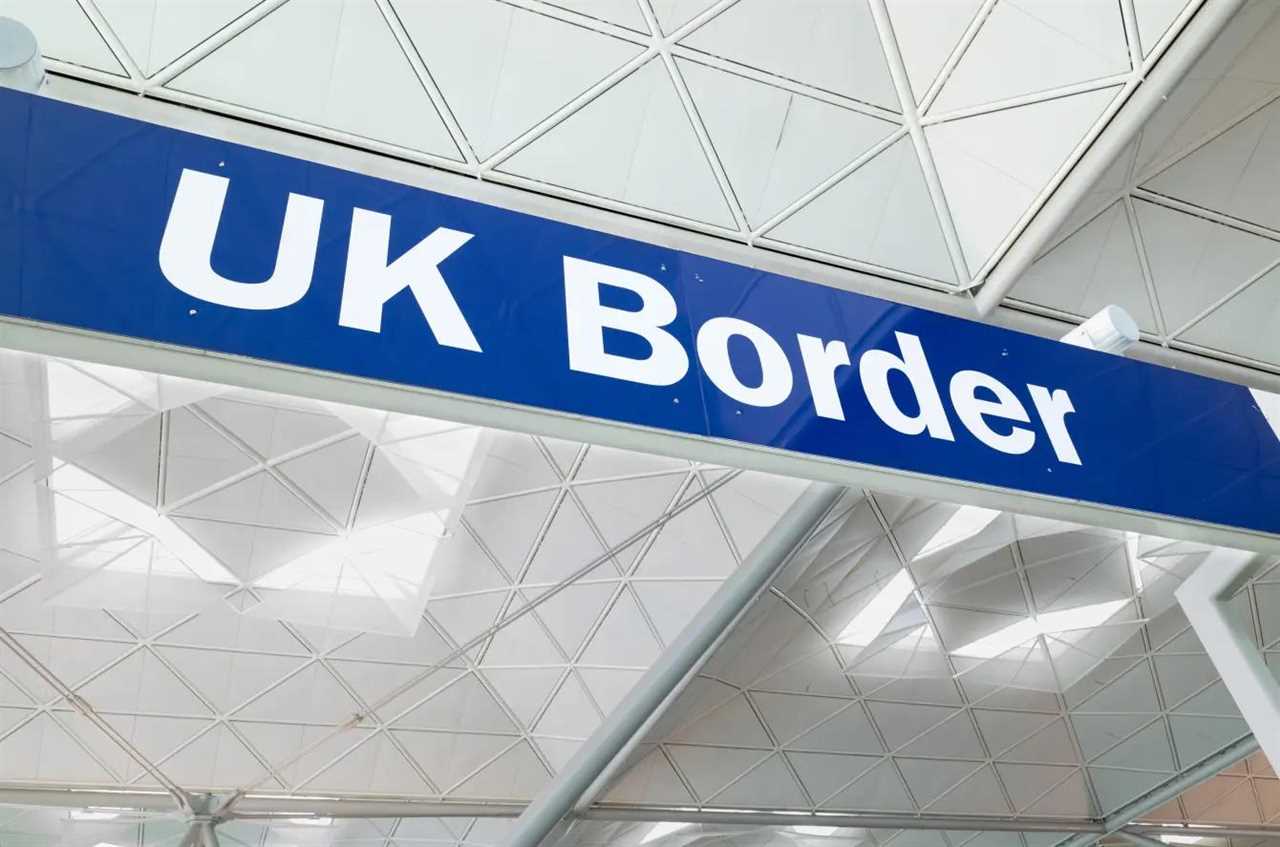
In the realm of immigration policy, Labour is contemplating the implementation of visa restrictions on nationalities deemed prone to overstaying in the UK, with a particular focus on individuals from countries like Pakistan and Nigeria. This move, as reported by The Times, is part of a broader strategy to reduce net migration figures after reaching a record high of 728,000 last year, a development that holds significant implications both domestically and globally.
Reforming Visa Policies: Balancing Control and Fairness
The proposed reforms, set to be detailed in the upcoming Immigration White Paper, aim to address concerns around individuals entering the UK legally on visas but subsequently seeking asylum, exploiting what is being labelled as a "backdoor route" into the asylum system. By tightening regulations and vetting processes, the government hopes to combat misuse of the visa system and ensure that those genuinely in need of asylum are not overshadowed by those gaming the system for personal gain or protection.
The Wider Context: Concerns of Discrimination and Due Process
However, the flagged nationalities, including Pakistan, Nigeria, and Sri Lanka, have sparked debate around potential discrimination and legal challenges. Critics caution against profiling individuals based on nationality and stress the importance of upholding principles of fairness and non-discrimination within immigration policies. Balancing the need for border control with the protection of vulnerable individuals fleeing persecution is a delicate task that requires nuanced considerations.
Ensuring Justice and Safety for Asylum Seekers
Amidst these policy discussions, voices from organisations like the Refugee Council emphasize the necessity of providing a fair and efficient asylum process that safeguards individuals at risk while upholding international human rights standards. The complexities of global migration patterns and political upheavals underline the importance of a humane and well-informed approach to immigration management.
As the debate unfolds, questions of efficacy, fairness, and inclusivity remain at the forefront of the conversation, underscoring the need for a comprehensive and thoughtful approach to visa policies that align with both legal obligations and humanitarian values.






